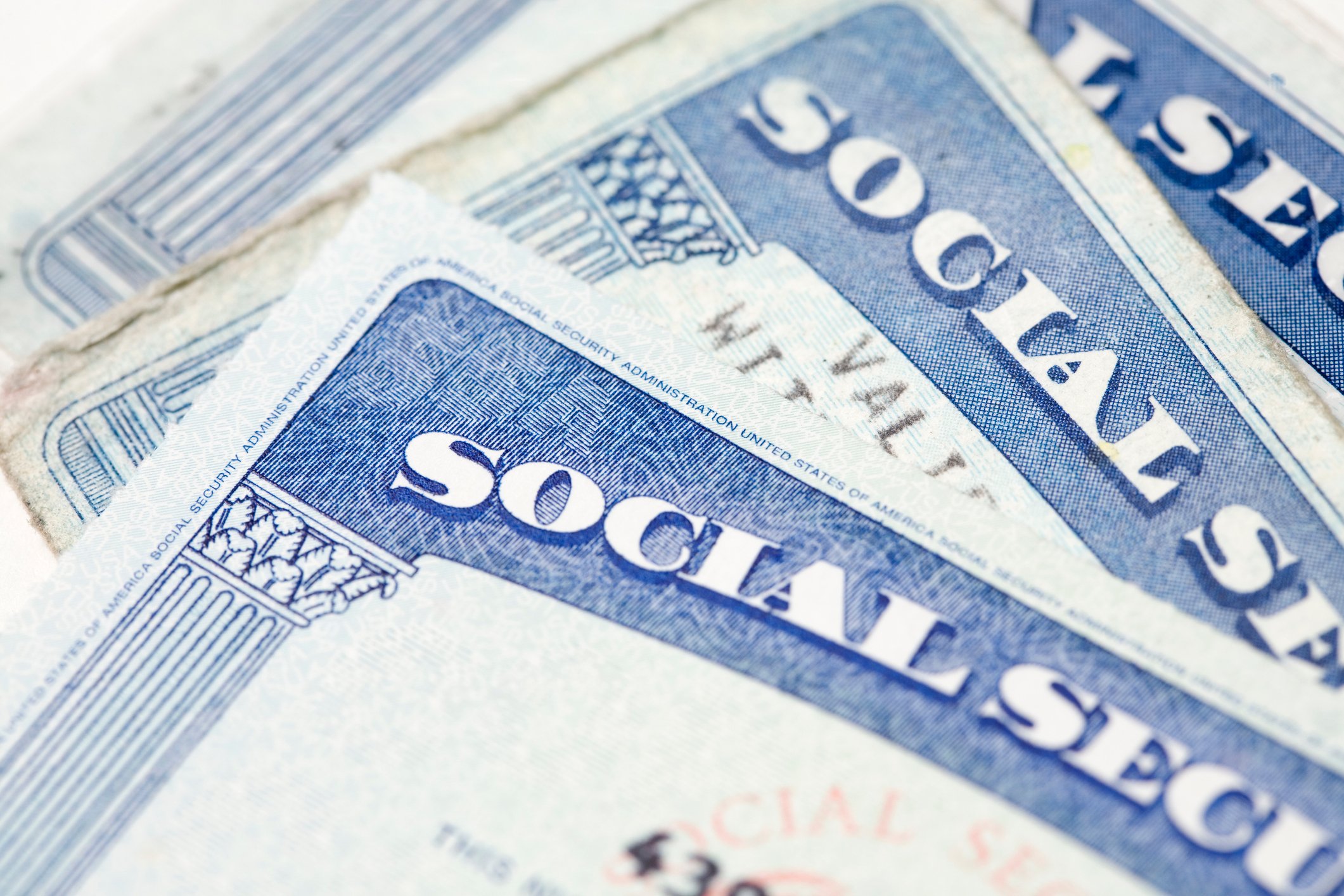There are a lot of important details that go into determining the best time to claim Social Security retirement benefits. One detail that can often go overlooked is the value of spousal benefits for your household income.
Spousal benefits can play a key role in retirement income, especially for seniors who established a single-income household in their working years. The spouse who gave up their career to raise a family and manage a household (often a much more difficult job than a regular 9-to-5) can still receive a substantial benefits check from Social Security.
But making the most of spousal benefits requires more than a basic understanding of Social Security's rules. The devil is in the details. So, if you want to make a smart claiming decision, not just for you but for your entire household, here are three things you must know before applying for spousal benefits.

Image source: Getty Images.
1. The effect of claiming early or delaying benefits
You may be aware that when you claim benefits can have a big effect on the size of your Social Security check. Claiming earlier results in a smaller check; waiting to claim results in a bigger check. But the specific rules aren't the same across the different types of benefits.
Your spousal benefit is worth up to half of your spouse's primary insurance amount (PIA). That's the amount your spouse is eligible to receive if they claim their personal retirement benefit the month they reach their full retirement age.
If you claim your spousal benefits before you reach full retirement age, you'll receive less than half your spouse's primary insurance amount. Importantly, the reductions when claiming spousal benefits early are more severe than those for personal retirement benefits.
For example, you can see below the effect of claiming spousal benefits at different ages for someone with a full retirement age of 67 (anyone born in 1960 or later).
| Claiming Age | Percentage of Spouse's PIA |
|---|---|
| 62 | 32.5% |
| 63 | 35% |
| 64 | 37.5% |
| 65 | 41.7% |
| 66 | 45.8% |
| 67 | 50% |
Data source: Social Security Administration.
It's also worth noting that, unlike with personal retirement benefits, there's no increase in spousal benefits after reaching full retirement age. As such, it makes sense for anyone claiming (or planning to claim) spousal benefits to apply by the time they reach full retirement age.
2. Your spouse's claiming strategy can make a big difference
If you're claiming benefits based on your spouse's earnings record, they must also actively collect benefits for you to be eligible for spousal benefits. That means if your spouse hasn't started Social Security, or has stopped receiving Social Security for some reason, you're not eligible to receive spousal benefits in most cases.
That requirement can substantially increase the complexity of your claiming decision, especially if there's an age difference between spouses. If the high-earning spouse waits until age 70 to claim benefits in order to maximize their monthly check, it could leave an older, lower-earning spouse with far less in benefits. While you can apply for personal benefits and switch to spousal benefits later, waiting may end up costing much more than it's worth.
It usually makes sense for the high-earning spouse to wait until age 70, though. That's because survivor benefits are equal to the amount they were receiving before passing away. But each household's situation is different, and that won't always be the case.
3. You don't have to be married to collect spousal benefits
You may be eligible to claim spousal benefits based on the earnings history of an ex-partner. If you were married for at least 10 years and haven't remarried, you can collect spousal benefits based on your ex-partner's earnings record.
There are a few important details to keep in mind. First, your ex will never be informed by the Social Security Administration that you're collecting benefits based on their earnings record. And your claim won't affect their benefits at all. Second, if you've been divorced at least two years, you don't even have to wait for them to start collecting benefits in order to become eligible for spousal benefits based on their earnings record.
You may also be eligible for survivor benefits based on your ex-spouse's earnings, as long as you meet the 10-year requirement. The only exception is if you remarried before reaching age 60.
You'll need to contact the Social Security Administration and let them know you'd like to switch to spousal benefits based on your ex's record. They'll check that you qualify once informed, but they typically won't automatically make the election for you. It could end up significantly boosting your retirement benefits and help you retire more comfortably.





